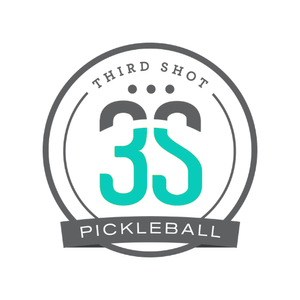How coaches feel when their players don't do in games what they spend time on in practice.
One of the things that can be most disheartening for a pickleball coach is when your students don't apply what they've (apparently) learned from you. How is it possible that after 60 minutes of working on third shot drops -- and doing them quite well -- that your students could possibly head on the court to play a match and not even attempt to drop the ball into the kitchen?
A common answer to this question is that the players got swept up in the game; they became so engrossed in competing that they didn't remember the lessons learned or to try to implement them. It is indeed possible for this to be the case but I'm not convinced that this is the full story. If they really were competing and cared about winning, why wouldn't they eagerly apply the great things you just taught them?
Being an effective pickleball coach isn't just about knowing lots of important things -- it's about communicating to your players WHY THOSE THINGS ARE IMPORTANT. And not just communicating it, but convincing your students so that they come to believe these things are important too.
If they want their students to practice what they preach, coaches need to sell their idea that what they are teaching matters and that the students should want to learn it. Failure to sell the idea makes it likely that your players will do what you want in practice and then abandon it in the game.

